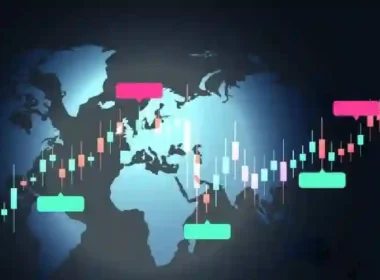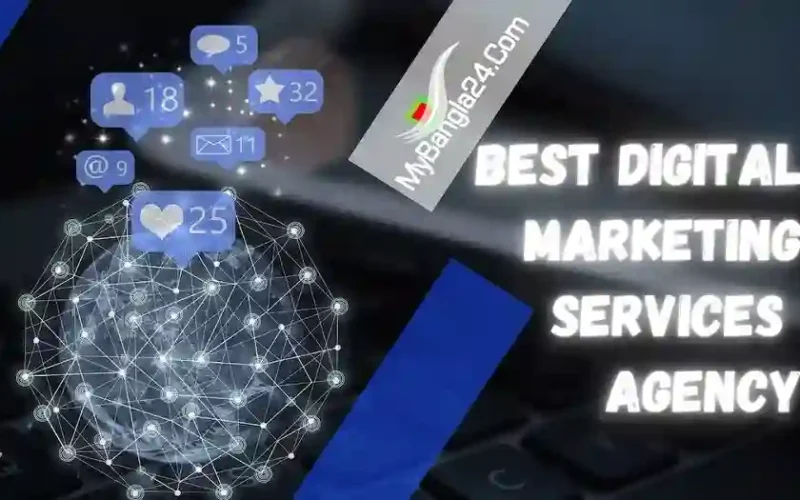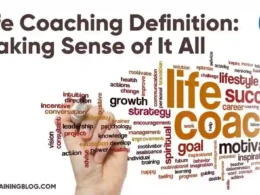Ladies and gentlemen, we are living in the Information Age, an era characterized by the rapid proliferation of digital technologies and the internet. In this digital landscape, the importance of education cannot be overstated, particularly when it comes to digital literacy. It’s like a compass that guides individuals through the complexities of the online world, equipping them with the skills and knowledge needed to navigate, critically evaluate, and harness the power of digital information. In this article, we will explore the significance of digital literacy and the crucial role of education in the Information Age.
To begin with, digital literacy is the ability to use digital devices, applications, and online resources effectively and responsibly. It’s like a survival skill in the modern world, where digital technologies are deeply integrated into nearly every aspect of our lives. Digital literacy encompasses a wide range of skills, including basic computer proficiency, internet navigation, information retrieval, and critical evaluation of online content.
Education plays a fundamental role in promoting digital literacy. It’s like the foundation upon which individuals build their digital skills and knowledge. Through formal education, students learn how to use digital tools, conduct online research, and evaluate the credibility of digital sources. Education equips individuals with the skills needed to thrive in a technology-driven society.
Digital literacy is essential for participation in today’s workforce. It’s like a prerequisite for many jobs across various industries. Employers increasingly expect their employees to be proficient in using digital tools and technologies. Whether it’s creating spreadsheets, analyzing data, or collaborating online, digital literacy is a fundamental skill in the modern workplace.
Moreover, digital literacy empowers individuals to access information and educational resources online. It’s like a key to a vast library of knowledge at their fingertips. Through digital platforms and online courses, individuals can access educational content from around the world, expanding their horizons and pursuing lifelong learning opportunities.
But it’s not just about accessing information; digital literacy also enables individuals to critically evaluate the information they encounter online. It’s like a filter that helps them discern credible sources from unreliable ones. In an era of fake news and misinformation, the ability to critically evaluate online content is crucial for making informed decisions and avoiding falling prey to deception.
Education fosters digital citizenship, promoting responsible and ethical behavior online. It’s like a code of conduct that guides individuals in their online interactions. Students learn about digital ethics, online privacy, and the importance of respectful communication in the digital realm. Education instills values that promote positive online behavior and digital responsibility.
Furthermore, digital literacy encourages creativity and innovation. It’s like a canvas where individuals can express themselves and explore their ideas. Through digital tools and platforms, people can create art, write blogs, develop software, and innovate in various fields. Education provides the foundation for individuals to harness their creative potential in the digital space.
Digital literacy is not limited to technical skills; it also encompasses critical thinking and problem-solving. It’s like a mental workout that sharpens our ability to analyze digital information and make informed decisions. When students engage in online research projects, analyze data, and solve complex problems, they develop cognitive skills that are valuable in the Information Age.
Let’s not forget about the role of educators in this process. Teachers are like guides who empower students to become digitally literate. A skilled educator can create a classroom environment that promotes digital learning, encourages exploration, and provides mentorship to aspiring digital citizens. Their guidance is invaluable in shaping the next generation of digitally literate individuals.
Moreover, education helps bridge the digital divide, ensuring that all individuals have access to digital resources and opportunities. It’s like an equalizer that levels the playing field. Through educational initiatives and policies, education aims to provide equitable access to digital technologies, narrowing the gap between those with access to digital resources and those without.
Education encourages individuals to adapt to the ever-evolving digital landscape. It’s like a journey of continuous learning. In a world where technology advances rapidly, individuals need to stay updated on the latest digital tools and trends. Education instills a mindset of lifelong learning, enabling individuals to remain relevant and competitive in the digital age.
But it’s not just about individual skills; education also promotes digital literacy at the societal level. It’s like a ripple effect that spreads throughout communities and nations. When a population is well-educated in digital literacy, it contributes to a more informed and digitally savvy society. This, in turn, can lead to better-informed citizens who engage in civic activities and make positive contributions to their communities.
In conclusion, digital literacy is a critical skill in the Information Age, and education is the driving force behind its promotion and development. Digital literacy encompasses a wide range of skills, from basic computer proficiency to critical evaluation of online content. Education equips individuals with these skills, empowering them to participate in the modern workforce, access information and educational resources, and engage as responsible digital citizens.
So, whether you’re a student embarking on your educational journey or someone looking to promote digital literacy, remember that education is more than just a classroom experience; it’s a lifelong commitment to becoming a digitally literate individual who can thrive in the digital age. Embrace the power of education, and let it be your guiding light in the ever-evolving landscape of the Information Age.











